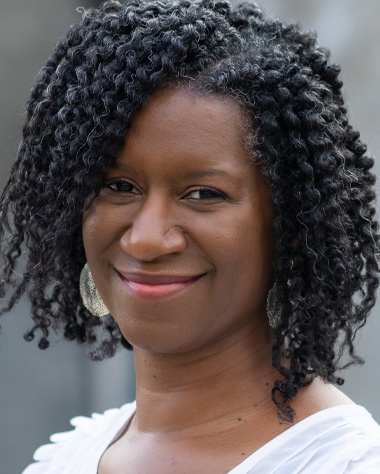About the project
The Charlotte-Mecklenburg Remembrance Project is part of a national movement to tell the truth about racial terror lynchings in America, to understand how this violent history still shapes our lives today, and to help our community move toward reconciliation.
In partnership with Bryan Stevenson’s renowned Equal Justice Initiative, we tell the stories of Joe McNeely and Willie McDaniel, who were killed in the two racial terror lynchings documented by EJI in Mecklenburg County. We work to memorialize these men by collecting soil from the sites of their deaths, and by erecting historical markers and a monument.
Thousands of Black people across our nation died in racial terror lynchings: hangings, and other forms of killing, used to intimidate entire Black communities. Black people could be lynched for any perceived offense, including violating white social customs, arguing with a white person, or being accused of crime, often without evidence or a fair trial. These lynchings shaped the geographic, political, economic, and social conditions of Black people in ways we still see today — and that America still has not fully addressed.
To change that, we must face this history together, but first we must understand that it happened here.
How and why we mark this history
Collecting soil
In a somber ceremony, soil is dug from the site of each racial terror lynching and put into a glass jar, to be displayed permanently at the Equal Justice Initiative’s Legacy Museum in Montgomery, Ala.
As counties across the nation complete this work, the Montgomery display continues to grow — and aims to include soil from nearly 6,500 racial terror lynchings between 1865 and 1950 documented by EJI in its reports “Lynching in America” and “Reconstruction in America.”
Soil was collected at the site of Joe McNeely’s death, at Bank of America Stadium, on May 21, 2021, in a small, private ceremony.
A soil collection at the site of Willie McDaniel’s death, in the Reedy Creek Park area, is being planned. Sign up for updates at “Stay Connected” below.
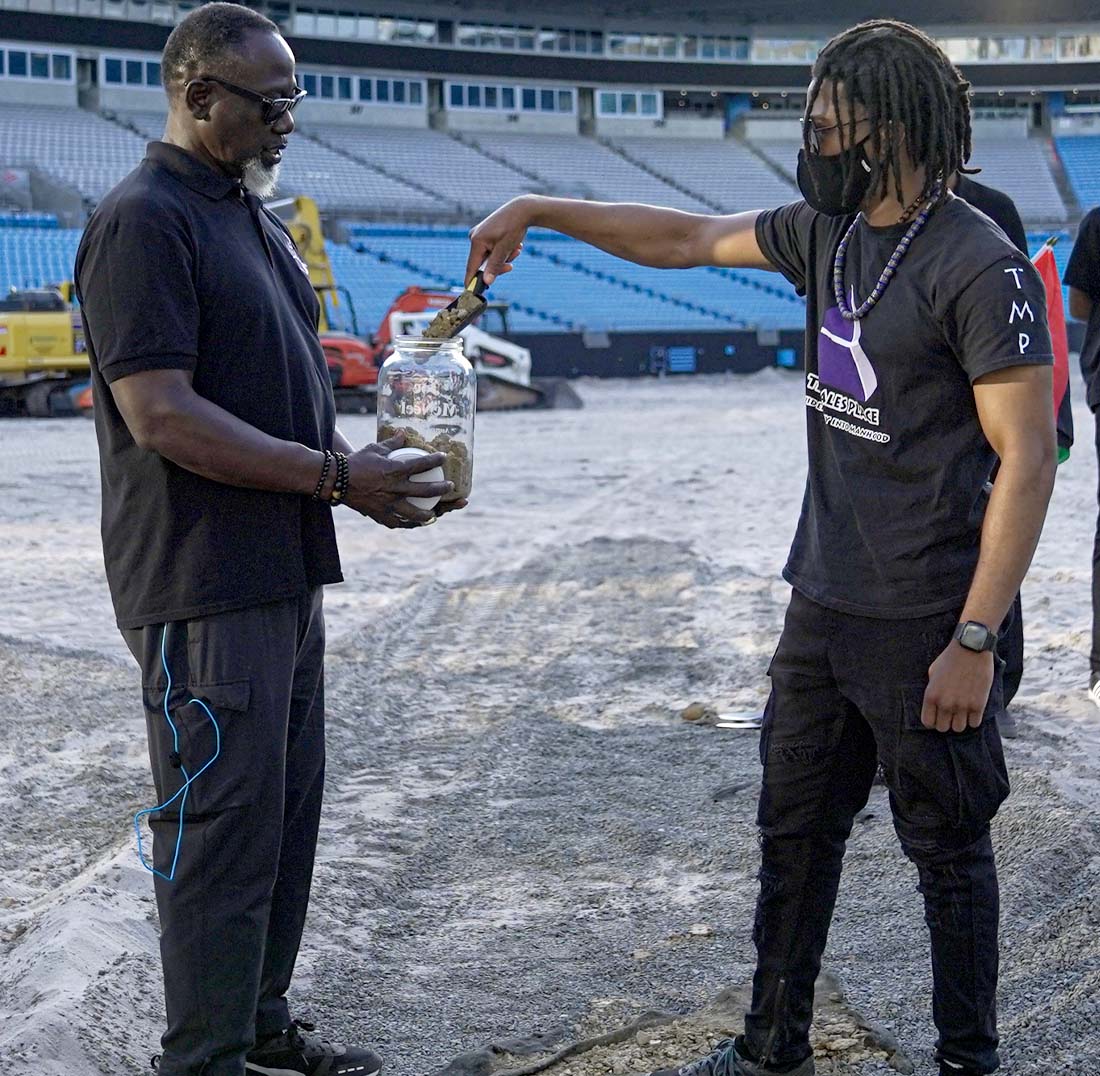
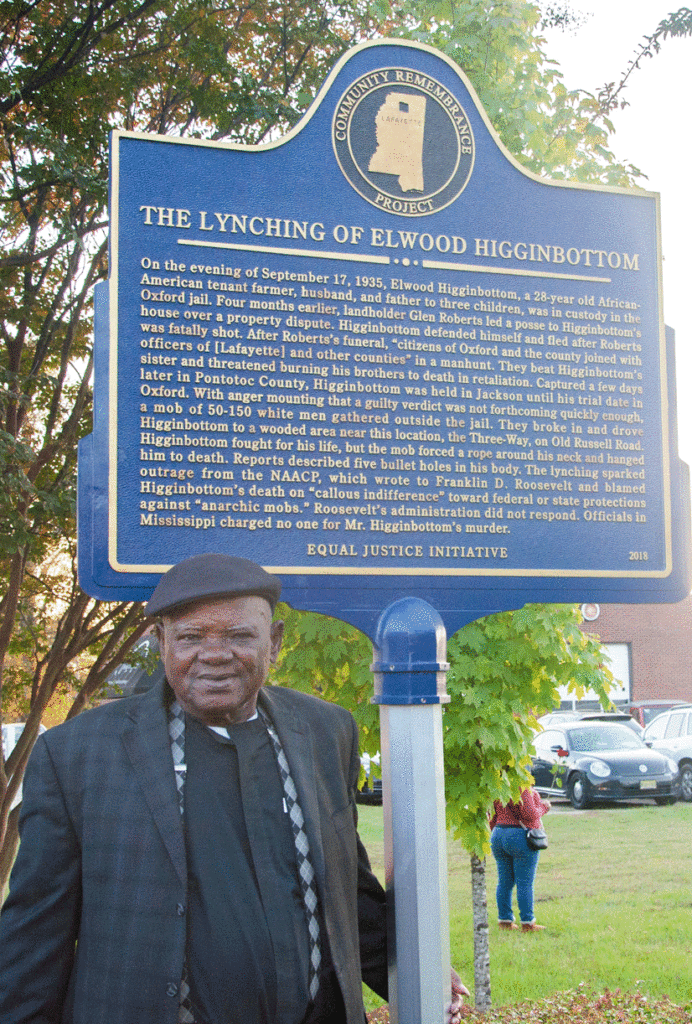
Installing markers
Historic markers will be installed at the site of each lynching, telling the story of each man and giving context for their deaths within the larger history of racial terrorism in Mecklenburg County, in North Carolina and in the United States.
Both the City of Charlotte and Tepper Sports & Entertainment have committed to erecting a marker memorializing Joe McNeely on Bank of America Stadium grounds, and Mecklenburg County has agreed to install one memorializing Willie McDaniel at Reedy Creek Park and Nature Preserve.
Public ceremonies are being planned. See “Stay Connected” at the bottom of this page for how to receive updates.
Community conversations
The CMRP invites all people, especially those most hurt and harmed by this history, to become storytellers by learning about Mr. McNeely and Mr. McDaniel on this site, sharing these stories with their neighbors and signing the Declaration of Support. We offer tools to host community conversations and, if needed, steering committee members are here to support you.
Claiming our monument
EJI’s National Memorial for Peace and Justice displays 800 6-foot steel monuments, one for each county in which EJI has documented racial terror lynchings. It is the project’s ambition, when both of Mecklenburg’s markers are erected and other work completed, to claim a duplicate of its monument, bring it home, to be installed in a to-be-determined place.
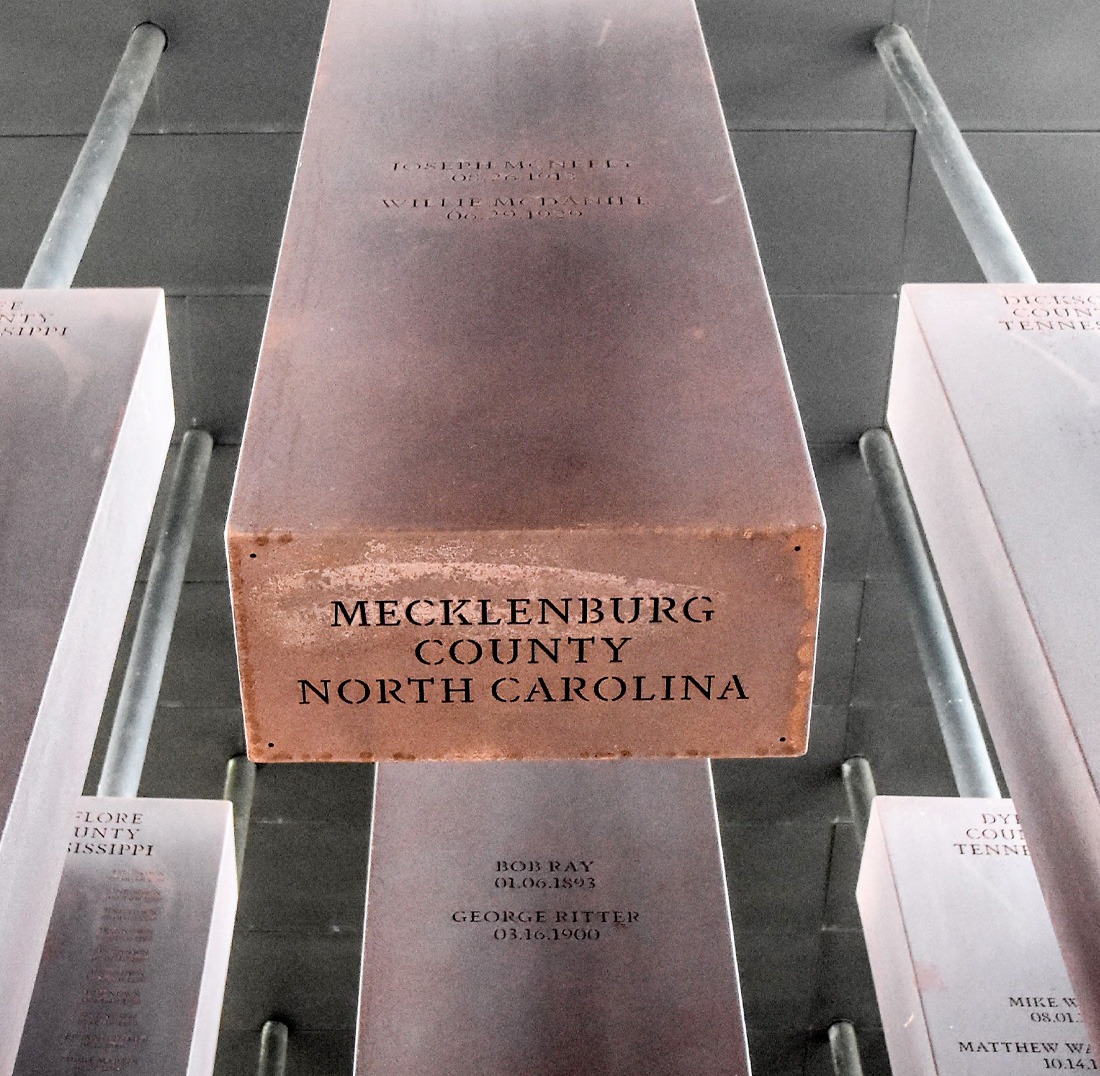
Steering committee members
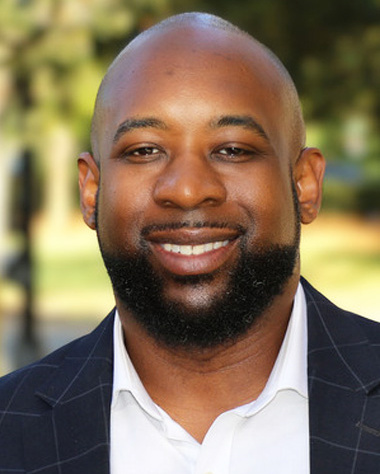
LaShaun Carter
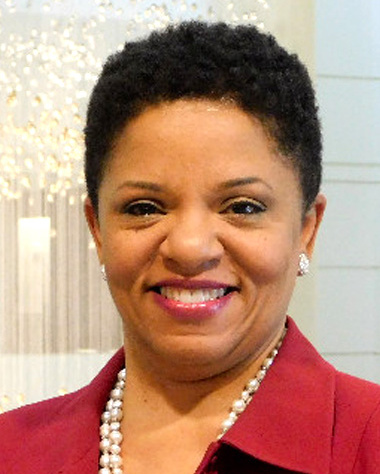
Elisa Chinn-Gary

Kate Flynn

Annetta Foard

Brittany Foster

Scott Gartlan
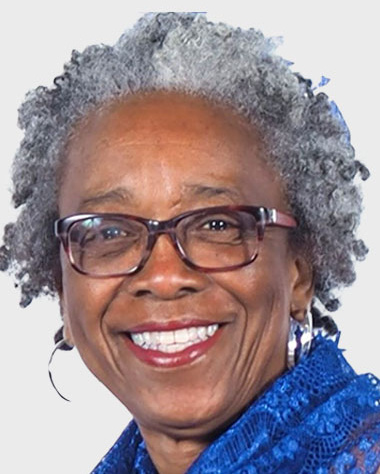
Sue Green
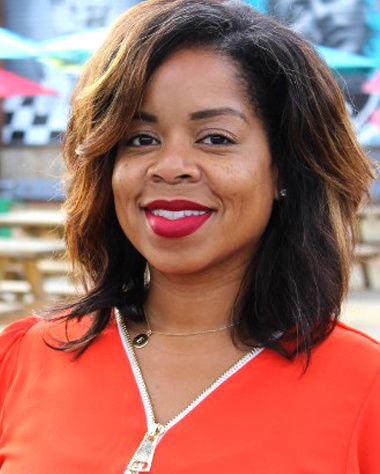
Eboni Lewis

Emily Makas, PhD

Marc Manack
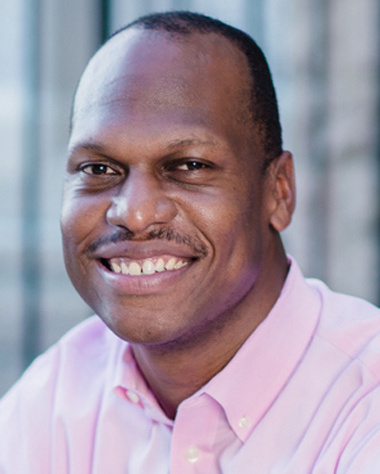
Justin L. Perry, MSW, LCSW, LCAS
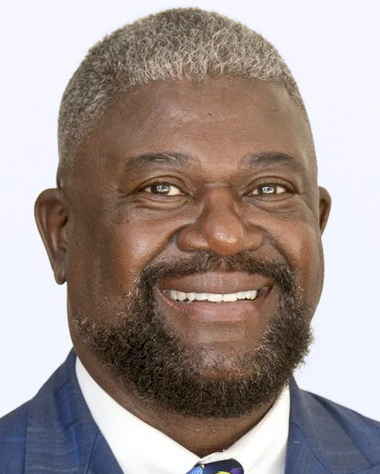
Willie Ratchford
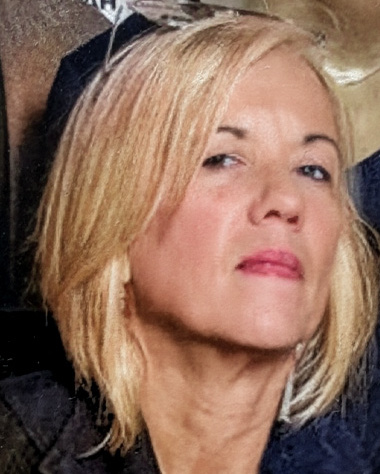
Helen Schwab
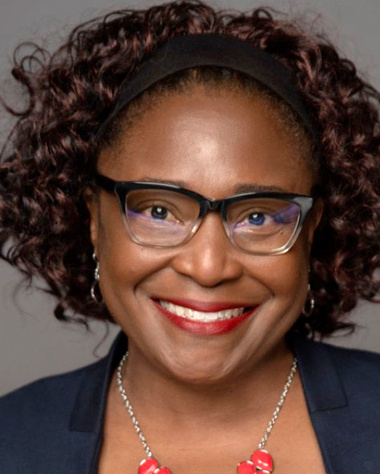
Karen Sutton
